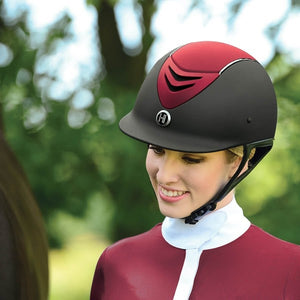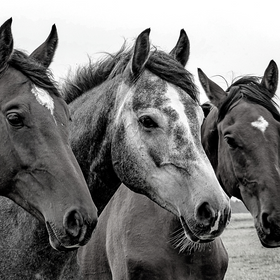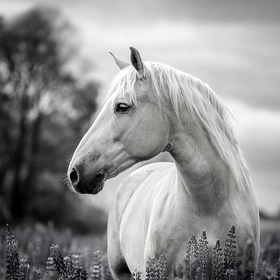
Tips to Keep Your Horse Hydrated During the Summer
Keeping your horses hydrated becomes more important with the weather warming up. Dehydration in horses can cause fatigue, muscle soreness, lack of energy and nutritional deficiencies, and other health impacts. Here are some things to consider as we head into the warmer seasons to keep your horse hydrated.
The best tip for keeping your horse hydrated is ensuring they have access to clean water. The average horse can drink 5-10 gallons of fresh water daily. With this in mind, you’ll need to increase the water provided for your horse when the temperature goes up. In hot weather, or exercising your horse, they sweat out fluids to keep themselves cool, and the more sweat, the more fluids they lose. Most horses will not drink dirty water so clean water is essential.
Providing adequate clean, fresh water for your horse might look different depending on your setup. If you are using an automatic system, keep a repair kit for your system on hand. Automatic systems are notoriously temperamental, so make sure you check the bowls and clean them regularly.
Whether you use automatic waterers, large horse watering tubs, or multiple buckets, it’s essential to keep those water containers clean and free of algae, mold, and other things that can cause health problems in your horse. Using a brush to scrub them out weekly is a good goal. Using a stiff bristle brush with a long handle dedicated to water bucket cleaning will make cleaning easier. Refill them with a fresh supply when you're done cleaning the buckets.
If your horse is sweating excessively in the heat, you should replenish their electrolytes and reduce the chances of secondary issues from dehydration. Your horse will still need access to fresh water when you provide electrolytes. Electrolytes encourage your horse to drink more water, but they help replenish vitamins and nutrients lost through sweating.
Adding salt to your horse's pen will also increase their desire to drink more water. Salt blocks that contain salt and minerals are beneficial for your horse year-round. Soaking hay and grain is another great trick to increase your horse’s water intake. While this doesn’t significantly increase their water intake, it will provide some additional H2O. Make sure not to soak feed for too long as it can go rancid quickly, especially in hot weather.
It can be worrisome to think of your horse’s hydration levels in the heat. If you are unsure of your horse’s current hydration level, you can use the pinch technique to decipher their hydration level. To do this, pinch the skin near the point of the shoulder or neck and release. Count how quickly the skin snaps back to its normal position. If the skin snaps back quickly, your horse is hydrated. If the skin stays tented for more than a few seconds, you are likely dealing with dehydration.
Contact your veterinarian if you are ever concerned about your horse becoming dehydrated. In the summer heat, dehydration can quickly escalate into a serious situation.





